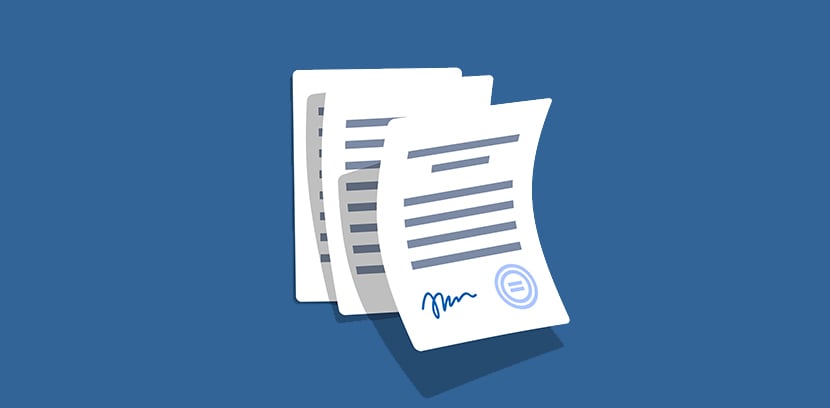
As a business owner, you're dedicated to managing your relationships with your customers. You've agreed on the products or services that help their business and you've agreed how much they will pay your business. You may have also learned that you have to set boundaries with your customers, especially when it comes to paying their invoices. They need to know how much they owe, how to pay, who to pay and when payment is due.
Setting invoice payment terms protects your business. Here's how.
Time is Money
According to a 2019 Quickbooks report, The State of Small Business Cash Flow, small business owners surveyed stated that the amount of time it takes to receive and process customer payments has the largest impact on their business cash flow. For over half of U.S. business owners, customers not having the funds or not paying on time is one of the biggest obstacles to a positive cash flow. And for 31% of small business owners, it commonly takes over a month to get paid.
How Well Do You Know Your Client?
No Cash = Missed Opportunities
When cash flow is insufficient, business owners have to miss out on investments, projects or sales opportunities. Not only does business slow down, vendors, loans and employees go unpaid. On average, small businesses in the United States have over $50,000 in outstanding receivables according to the Quickbooks report. The same report states that 69% of small business owners stated they've lost sleep due to cash flow concerns.
Can you Charge Late Fees on B2B Invoices?
Invoice with Payment Terms to Save Your Business
Instead of losing sleep over cash flow and late paying invoices, set boundaries with your customer with payment terms. Payment terms clearly define your payment expectations from your customers and any consequences for overstepping those terms. Some questions to consider when setting payment terms include:
- What is your client's payment schedule? Are there certain days each month that they pay invoices?
- Do you have a history with this client? Are they credit-worthy or regularly late-paying?
- Has the client paid half up-front and now owes the full amount? Or is the project one and done and a low enough amount that they should be able to pay immediately?
- Are there industry standards for this market? Does your client expect Net 30 days or more?
- Does your cash flow require payment sooner than an industry standard?
Payment terms can also be defined in a written agreement with your client specifying expectations and the collections process for late payments. You could also build in incentives for paying early or fees for paying late.
It's also important to invoice early and often, with clear instructions on how and where to send payment. Also, send friendly reminders to your customers before a payment is due. If the invoice payment is late or has gone far past the set payment terms, a collections process should be in place to escalate attempts to collect.
If your business is in peril facing insufficient cash flow, consider a B2B collections agency to do the work for you.
Learn more about how the B2B collections process works here.




